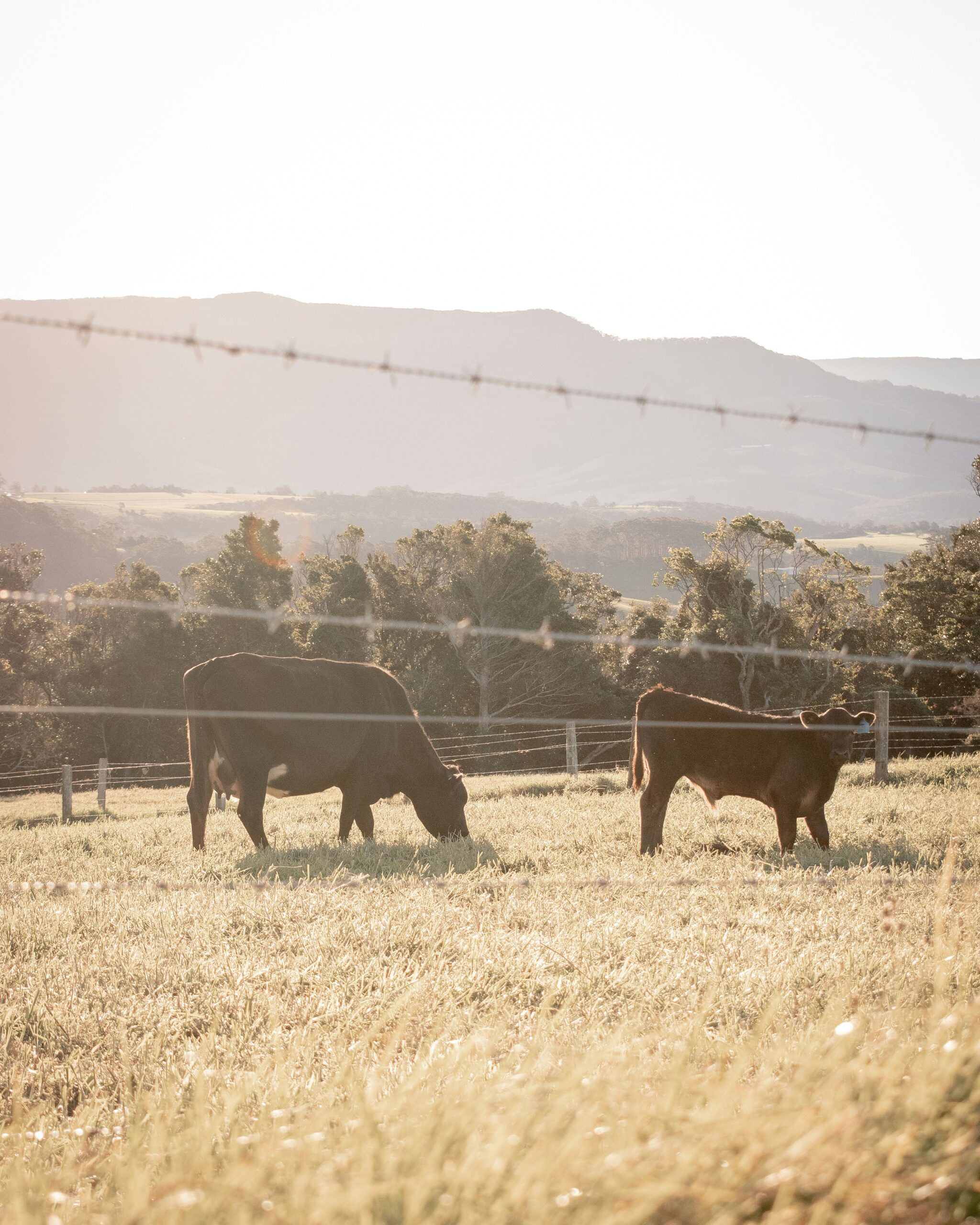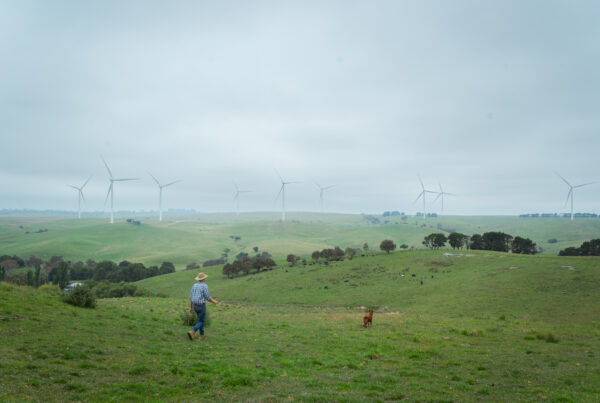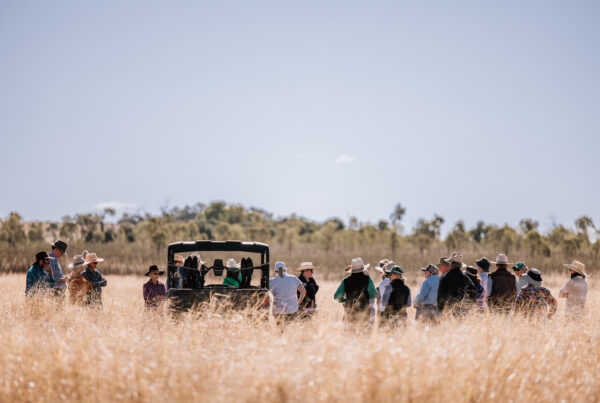- FCA is disappointed by the US imposing a 10% tariff on Australian beef, hurting more than 2,000 of its farmer members.
- FCA warns that US consumers will face higher costs, particularly for McDonald’s Big Macs, due to the tariff.
- FCA stresses that strong climate policies are essential to prevent future tariffs from key trading partners like the EU and China.
Farmers for Climate Action (FCA), is extremely disappointed to read reports of US President Donald Trump slapping a 10% tariff, or tax, on Australia beef and other farm produce. Of FCA’s 8,400 farmer members, more than a quarter are beef farmers.
The move means US consumers will pay more for a Big Mac at McDonalds, which is where much of Australia’s beef exports end up in the United States.
FCA CEO Natalie Collard said raising a new tax on Australian farmers would hurt American consumers first, because tariffs hurt consumers most.
“This tax on Australian farmers hurts Americans,” Ms Collard said.
“These tariffs, or taxes, are not ‘reciprocal’; they’re an unprovoked attack on an ally because Australia does not charge US businesses a tax to send products to Australia.
“Now that the US is set to slap Australian beef farmers with tariffs, other export markets become even more important – and those countries are telling Australia they’ll add tariffs to our produce if we don’t take strong action on climate like they are.
In light of this announcement, alternative trade partners and markets will become a priority and given their focus on climate action, Australian producers will need to meet their market entry requirements.
“The EU Carbon Border Adjustment Mechanism would tax Australian farmers if Australia has weak climate policies, and there’s been talk in trade circles of China considering a similar scheme for some time,” Ms Collard said. “China’s emissions are likely to peak this year and Australia is a long way behind China on climate policy, as China continues to build renewables at a rate never seen before.”
It is clear that in order to strengthen Australian farmer’s futures economically we need to prioritise climate-friendly agricultural practices.
Ms Collard noted and welcomed the bipartisan opposition to the tariffs in Australia.
Australian farmers export 70% of what they grow, as announced by the NFF recently.
“Strong climate policies and deep emissions reduction this decade are crucial to protecting Australian farmers, who rely so heavily on international trade.”
Media contact:
Celia Murray
0488 770 284
media@farmersforclimateaction.org.au
The Farmers for Climate Action Farming Forever 2025 National Summit (1-2 September) celebrates the leadership of Australia’s farmers in driving climate action. This event brings together farmers, industry leaders, and key stakeholders to collaborate, innovate, and shape the future of sustainable farming. Join us to be part of this inspiring movement—tickets are available now.






